Who are you, Hyatt, with your brush, attempting to duplicate the things I have made.
Such is what I might hear if I were in the place of Job when, after all else has been heard, God speaks and declares himself, as evidenced in nature. To me the painter he might say:
You paint with white and call it light, but you know it’s only stuff of clay, not translucent, transparent, stuff of life.
Yours attempts to reflect the source; mine is the source.
You duplicate; I originate.
You combine; only I create.
Actually, mine surrounds, casting no shadow. It’s why you can’t see me.
Still, enjoy what you can.
And that’s what I did this morning, walking into the kitchen with the light coming through. I took pictures. Here are a few.
Anne preparing her morning ritual, slices oranges and tea. That island table a Santa Fe (NM) find, traded for a painting. The overhead baskets from everywhere, over time.
Same scene, in her years-ago thrift-store find, originally from Japan Air Lines.
Sink, counter, window and birds of clay, or metal, or wood.
Hard to know what’s outside and what’s inside, with the light bouncing back and forth.
The light so strong behind, all is in its own shadow.
Anne will look at this and say, “I must wash those windows.” But there’s something nice about the effect. Like a painting.
Through the window with reflections back and forth, the glass table outside merging with the wood table inside, rock garden behind, an abundant honeysuckle vine, and lavender plants waiting for their place in the ground.
More light. I told the artist/potter once that we had a plant in the piece we’d bought from him. He was slightly disturbed, I think, but hey, it’s all art, and looks great.
The stove, with an iron teapot found in Japan, and a segment of one of Anne’s framed prints on the wall behind.
Cutting boards and cutting tool.
Birds inside, this one from a long-ago Mexico trip. The house fairly overflows with such items from everywhere we’ve been (usually suitcase size).
A candle-holding rooster with light fore and aft.
Light, light, light. Would be fun to try and paint, but it would never be as good as simply this.
Light on the cruse of oil, the canister of tea, the breadbox, the cups from India, the spoons and such from everywhere.
Nothing staged in any of these, just the way things look in the light. (Though this could be a still life.)
Finally, breakfast, with more light. And more words from Job. (Another kind of light.)
_______
PS At church last Sunday I was asked to give a ten minute perspective on the current happenings, Covid and Race. If you’re interested, copy and paste the this link into your browser (my part is at minute 55): https://www.youtube.com/watch?v=4y_Nzj-UGoQ&feature=youtu.be
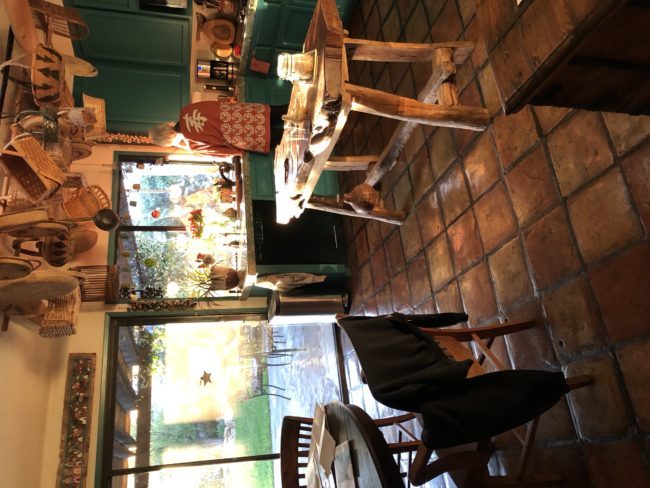
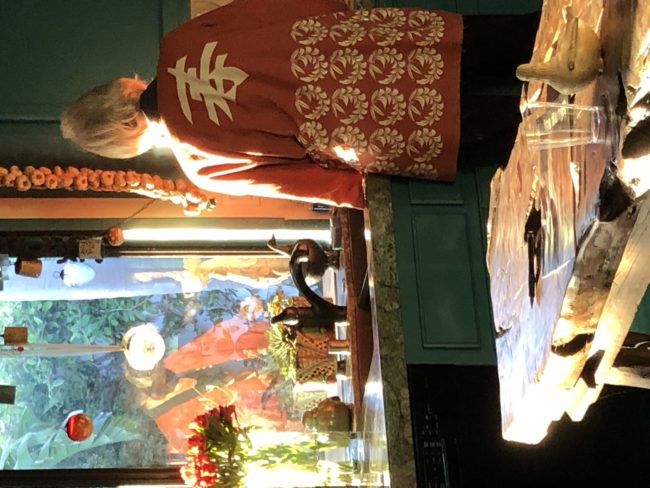
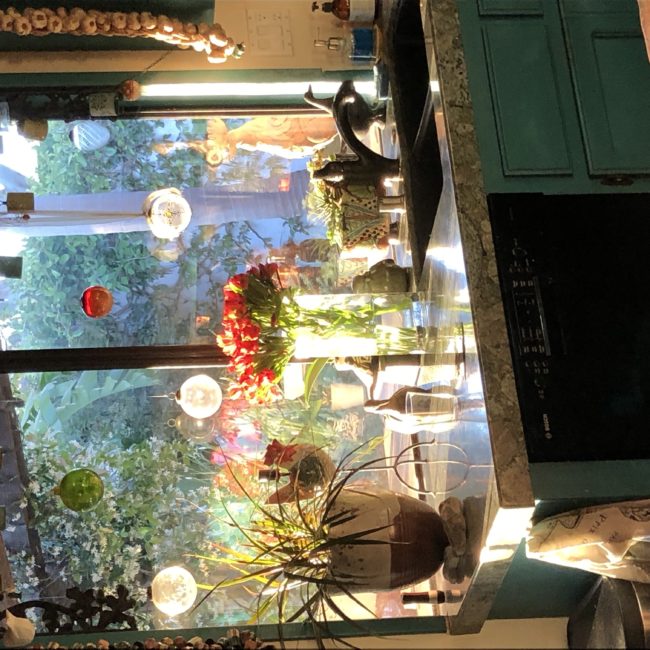
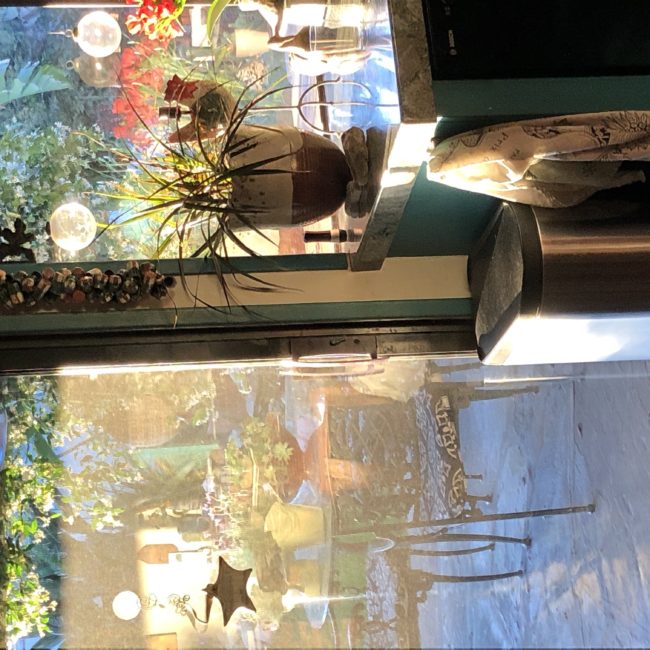
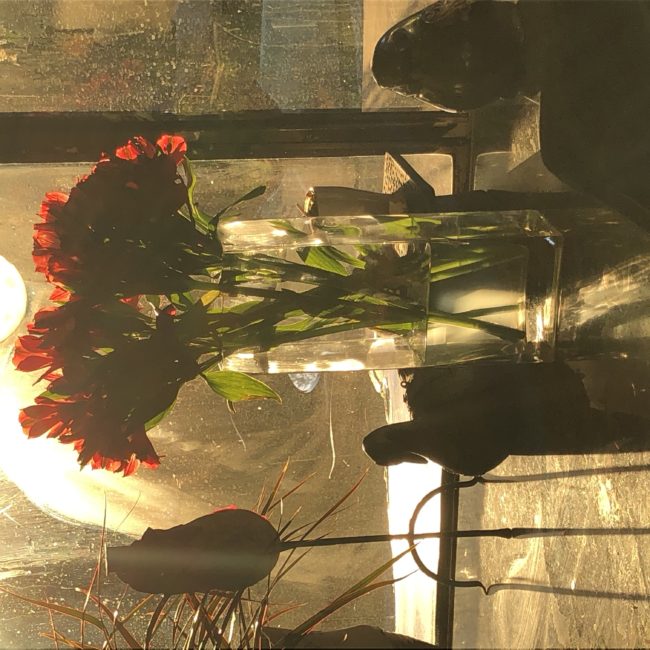
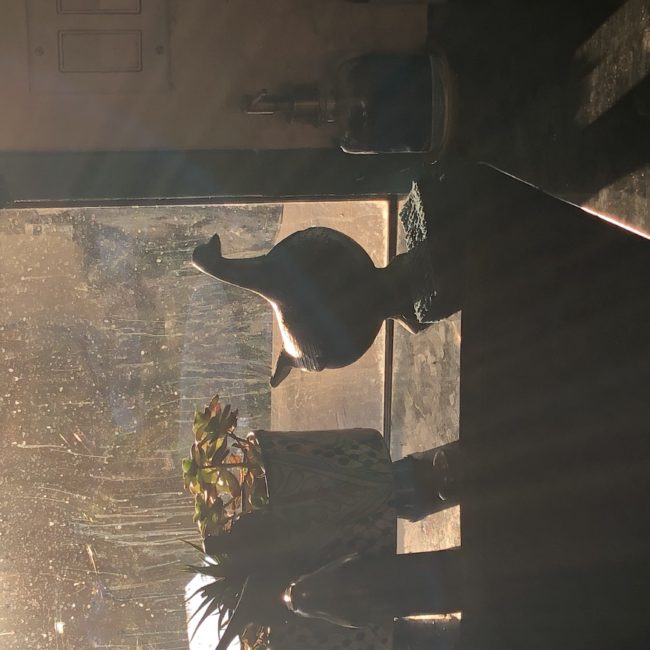
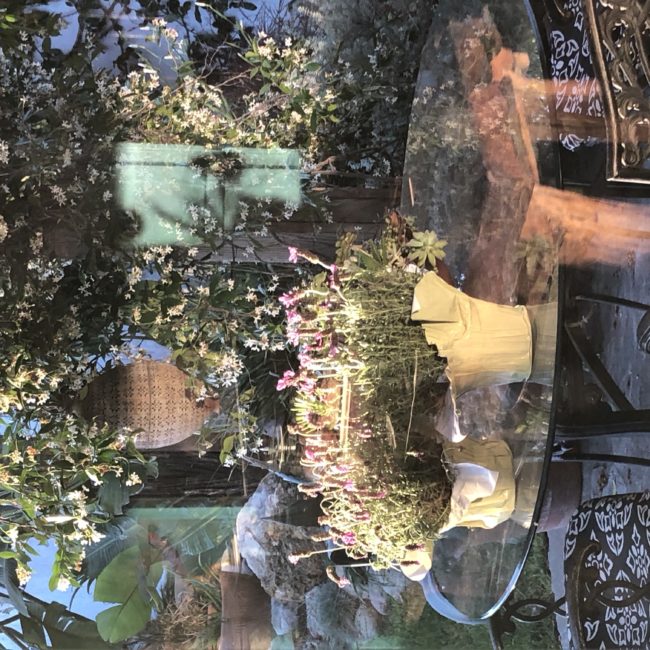
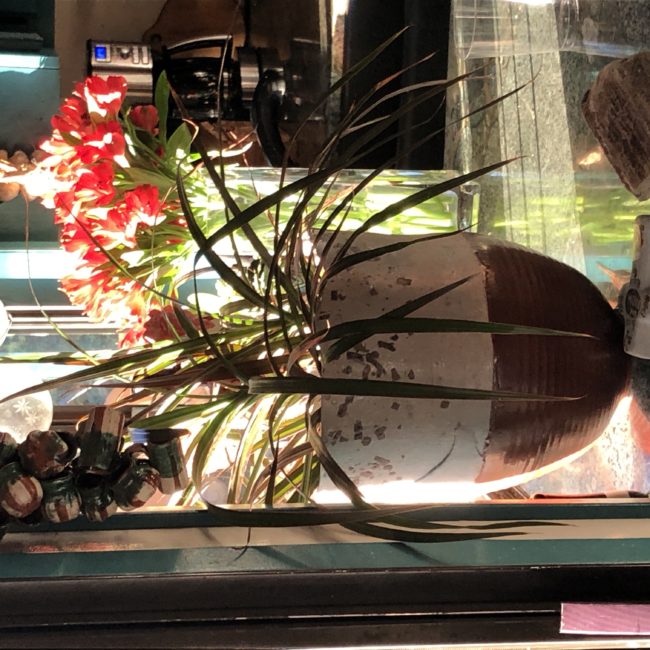
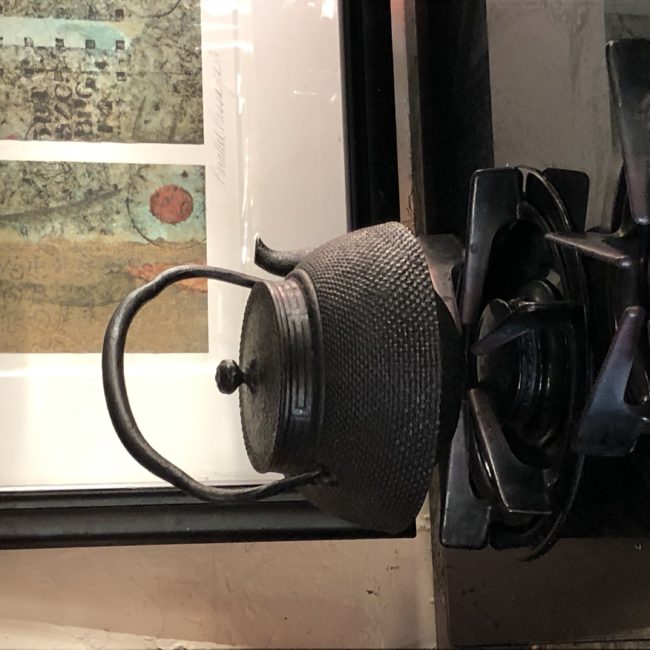
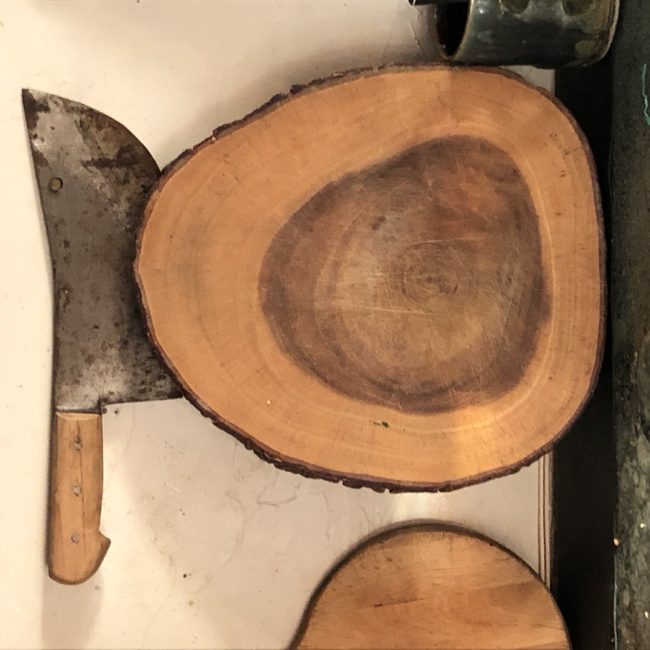
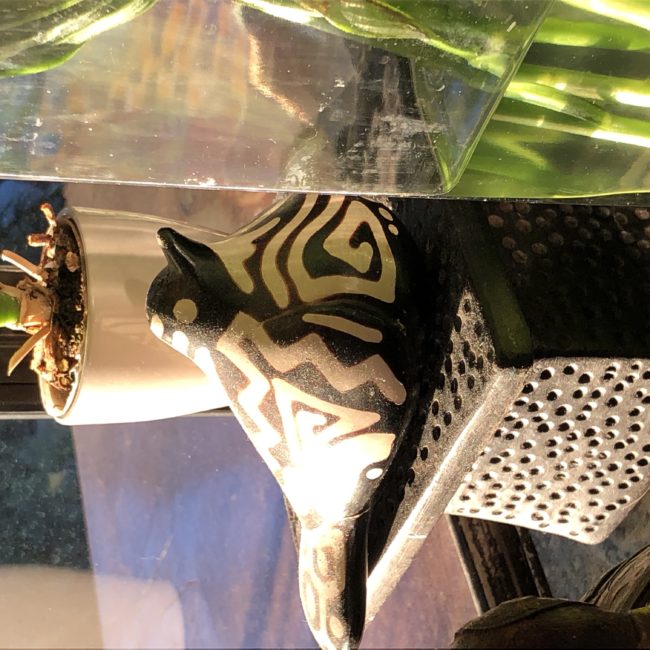
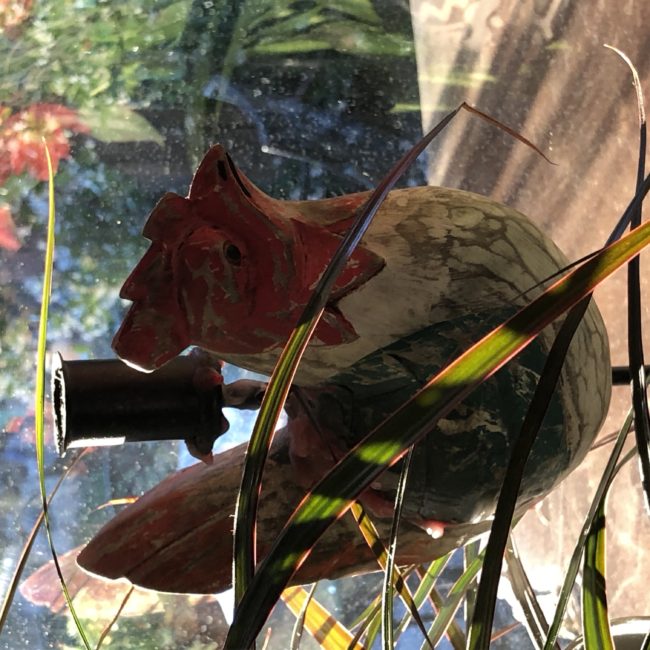
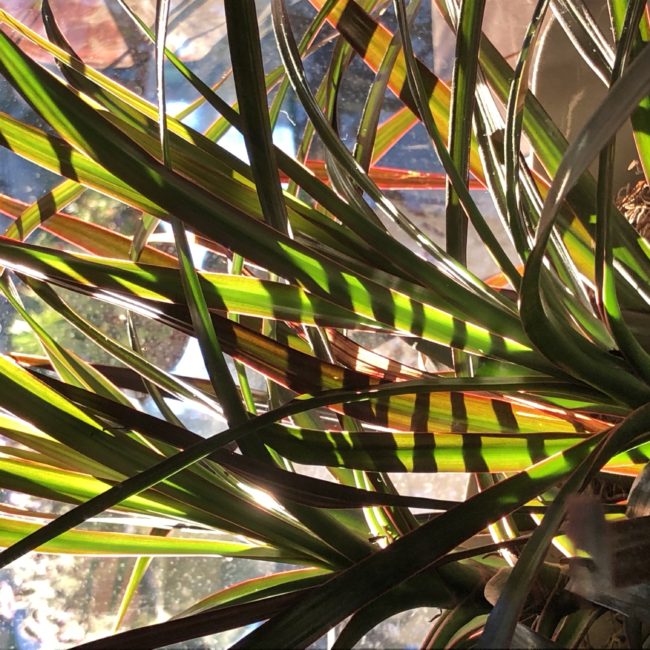
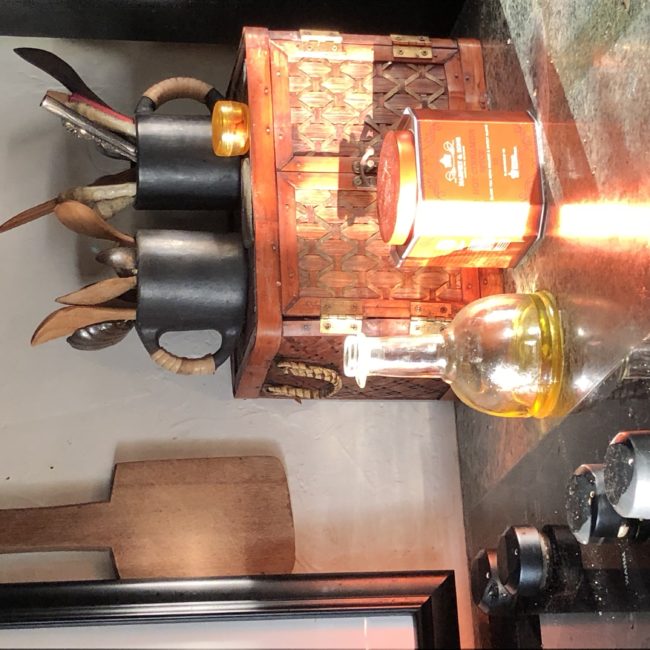
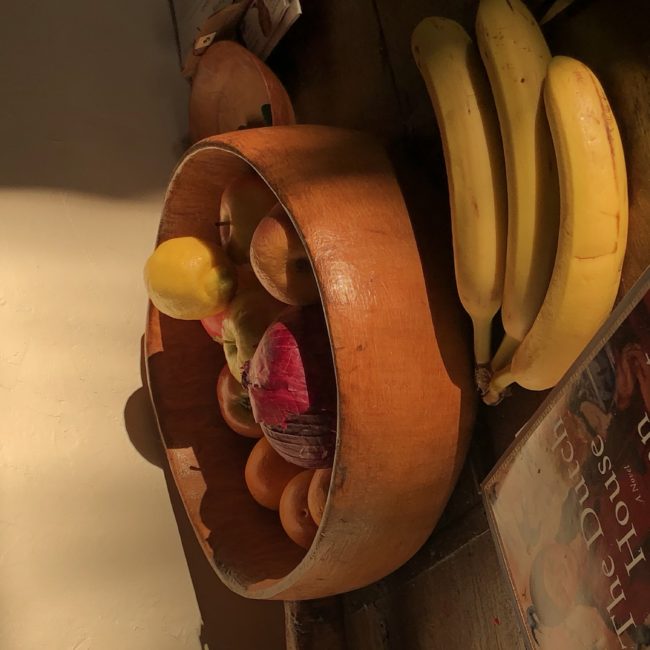
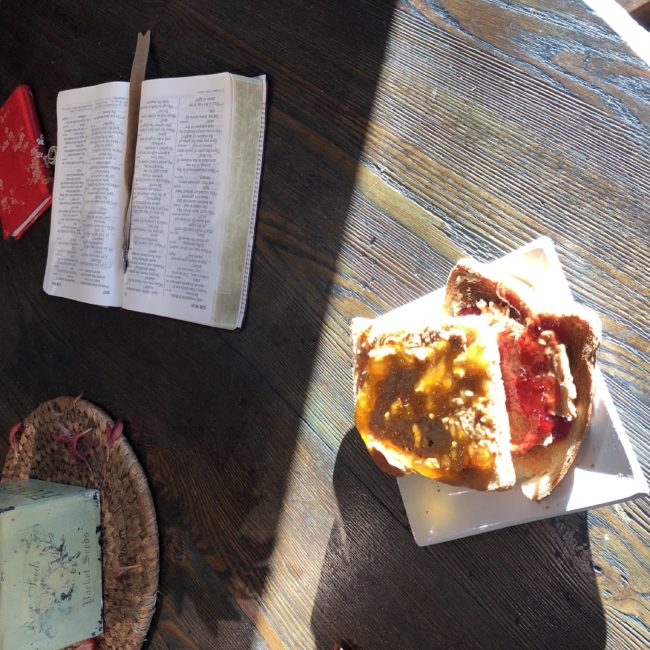
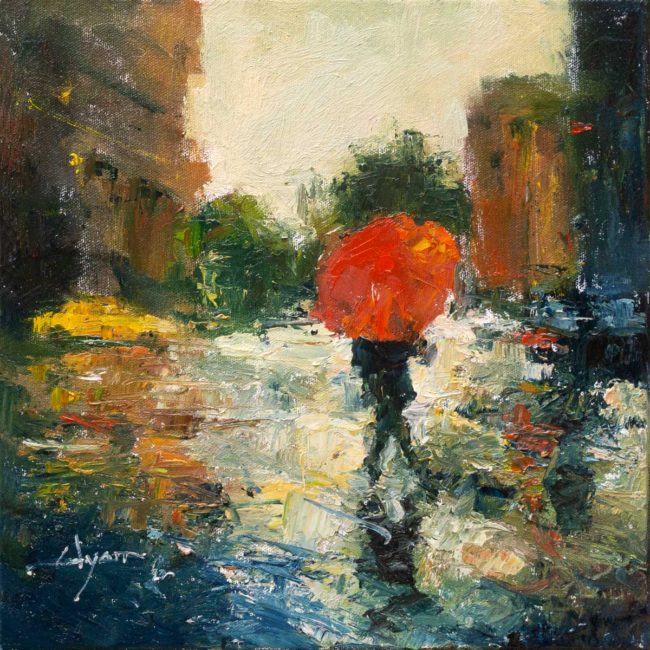
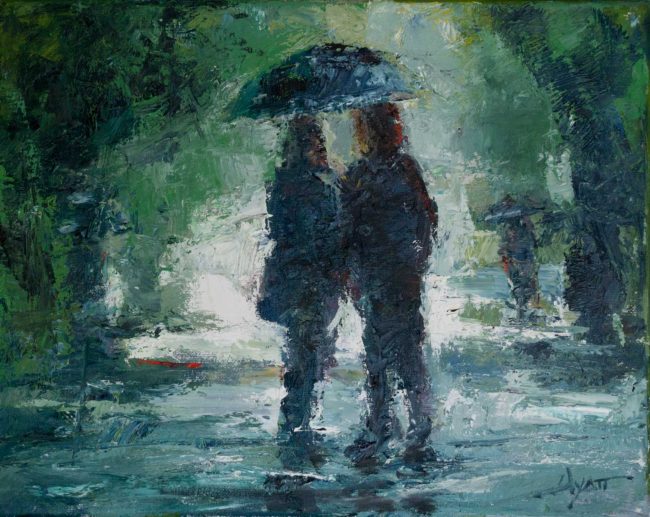
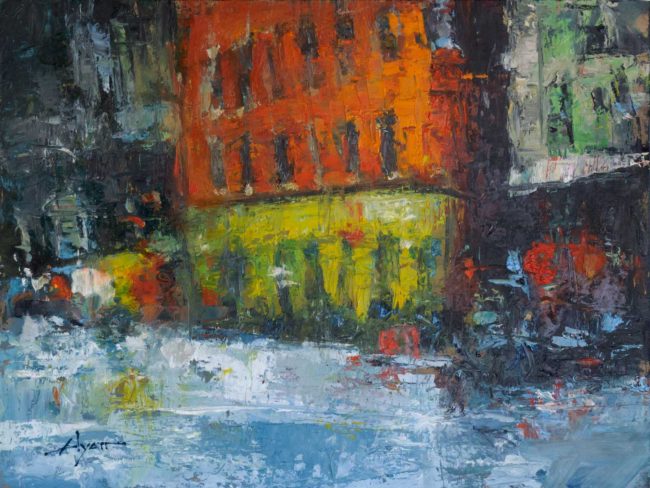
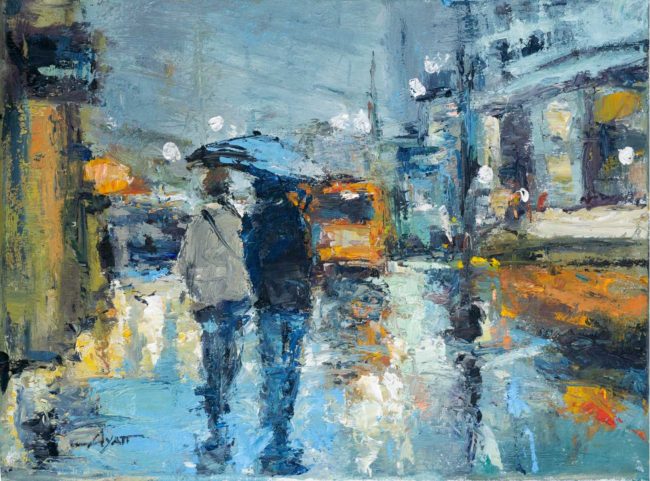
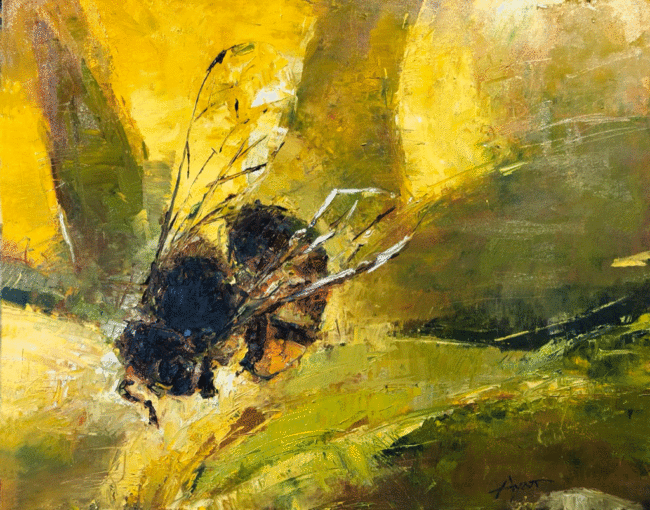
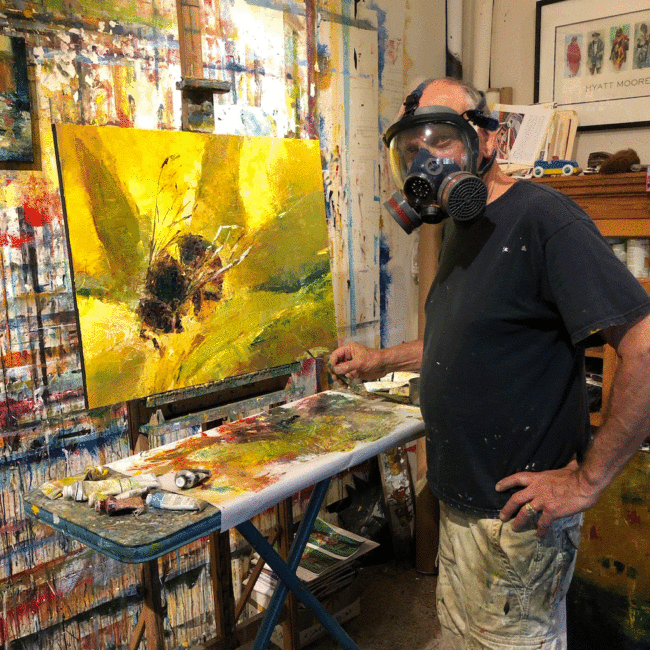
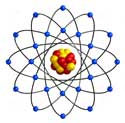
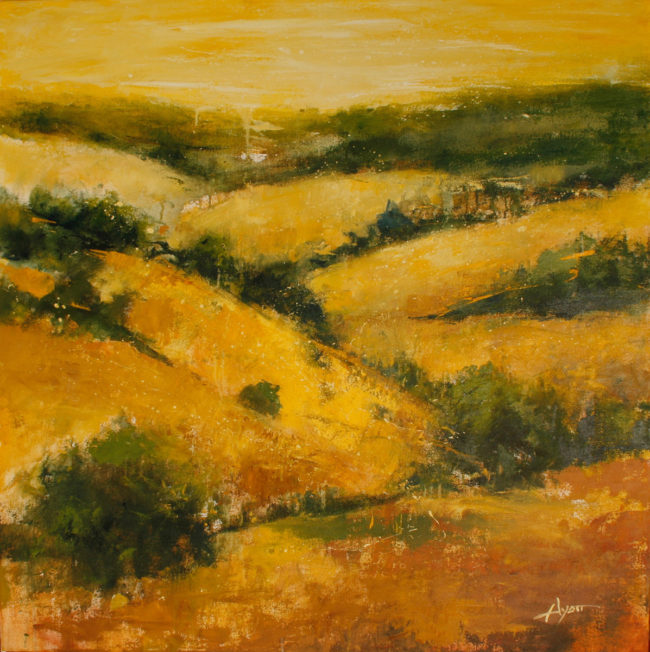
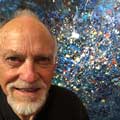
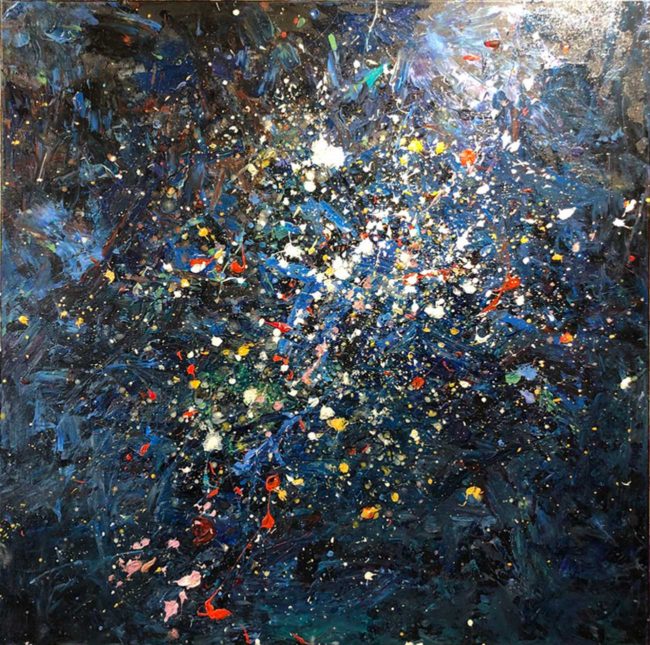
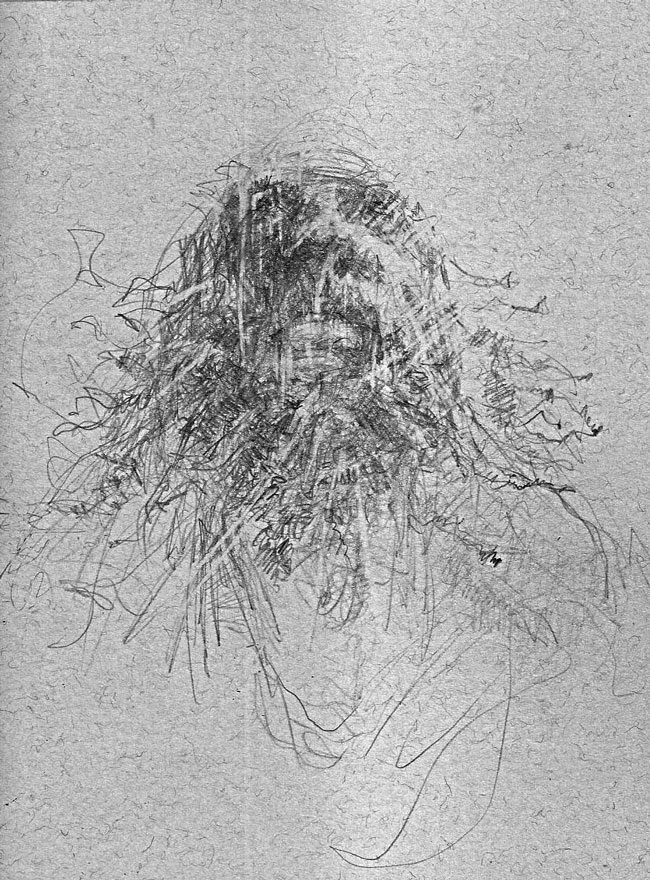
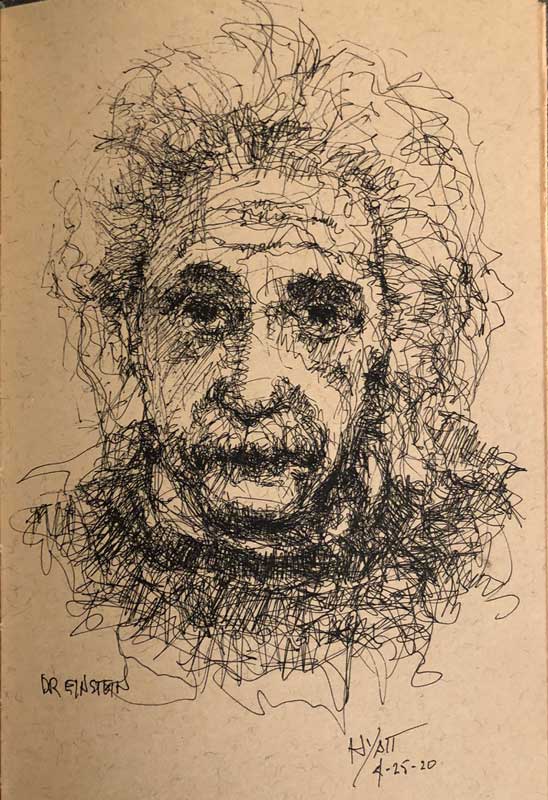
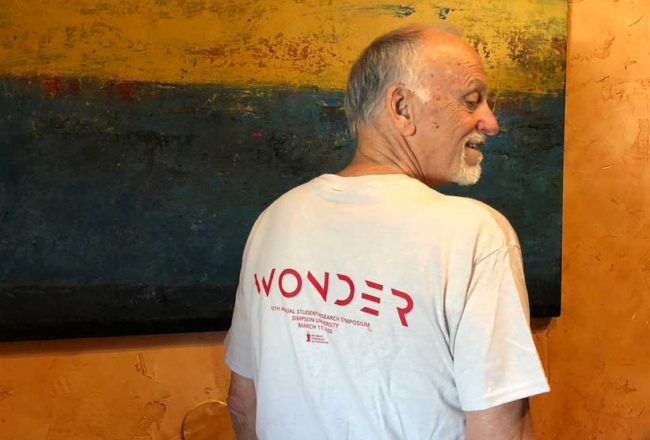
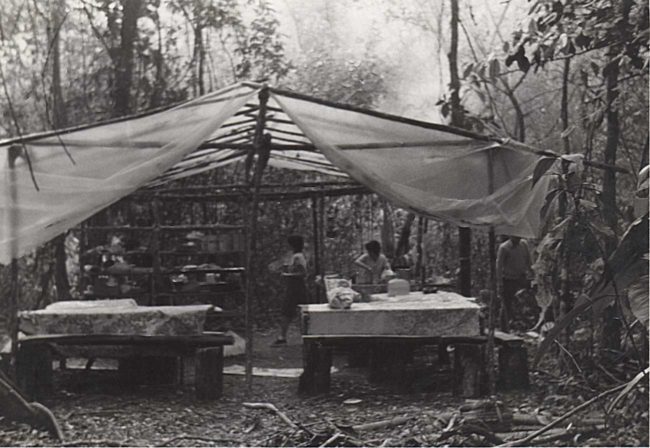
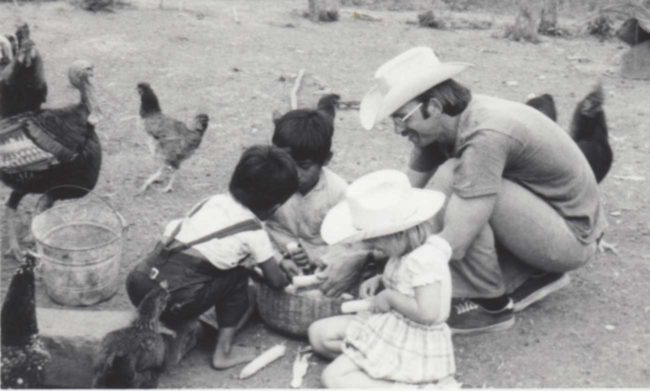
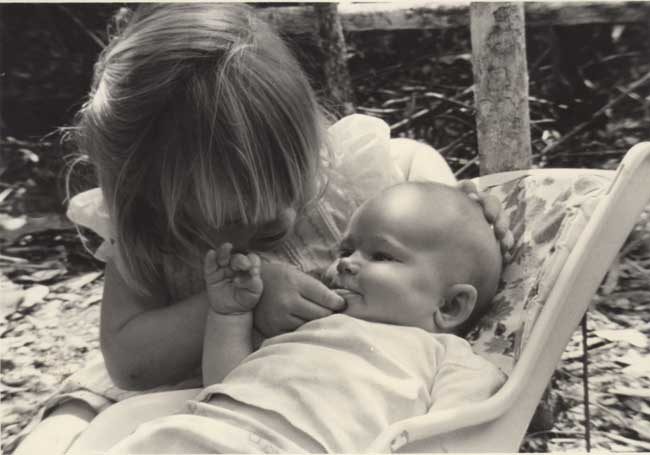
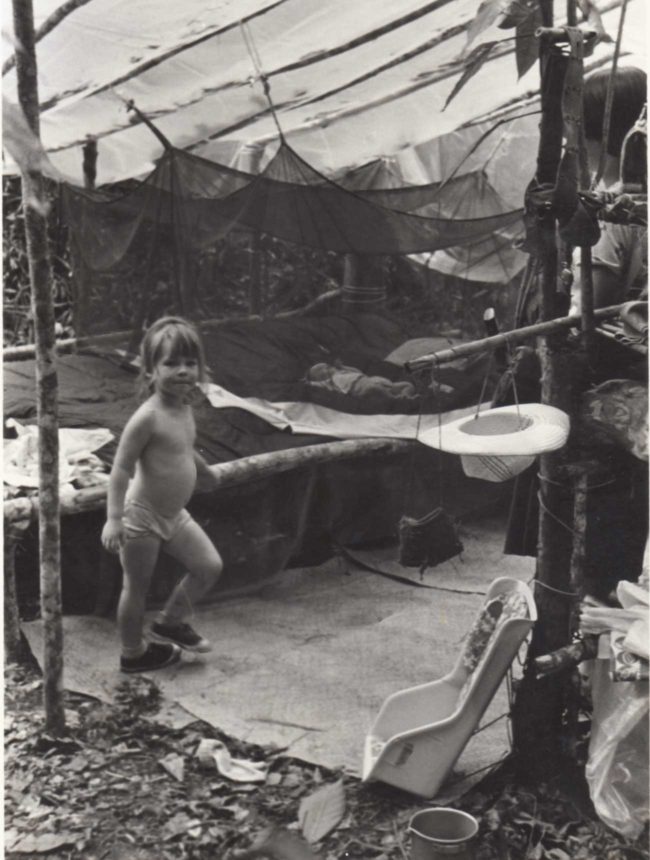

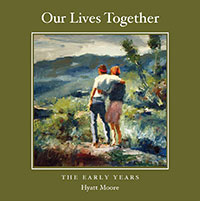 Our Lives Together
Our Lives Together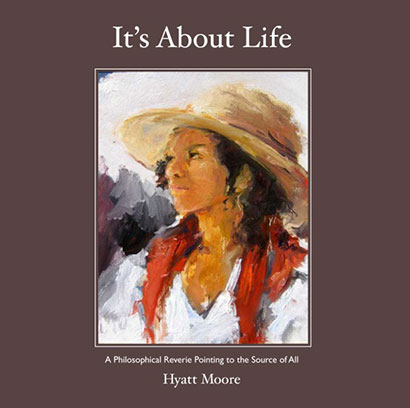 Its About Life
Its About Life